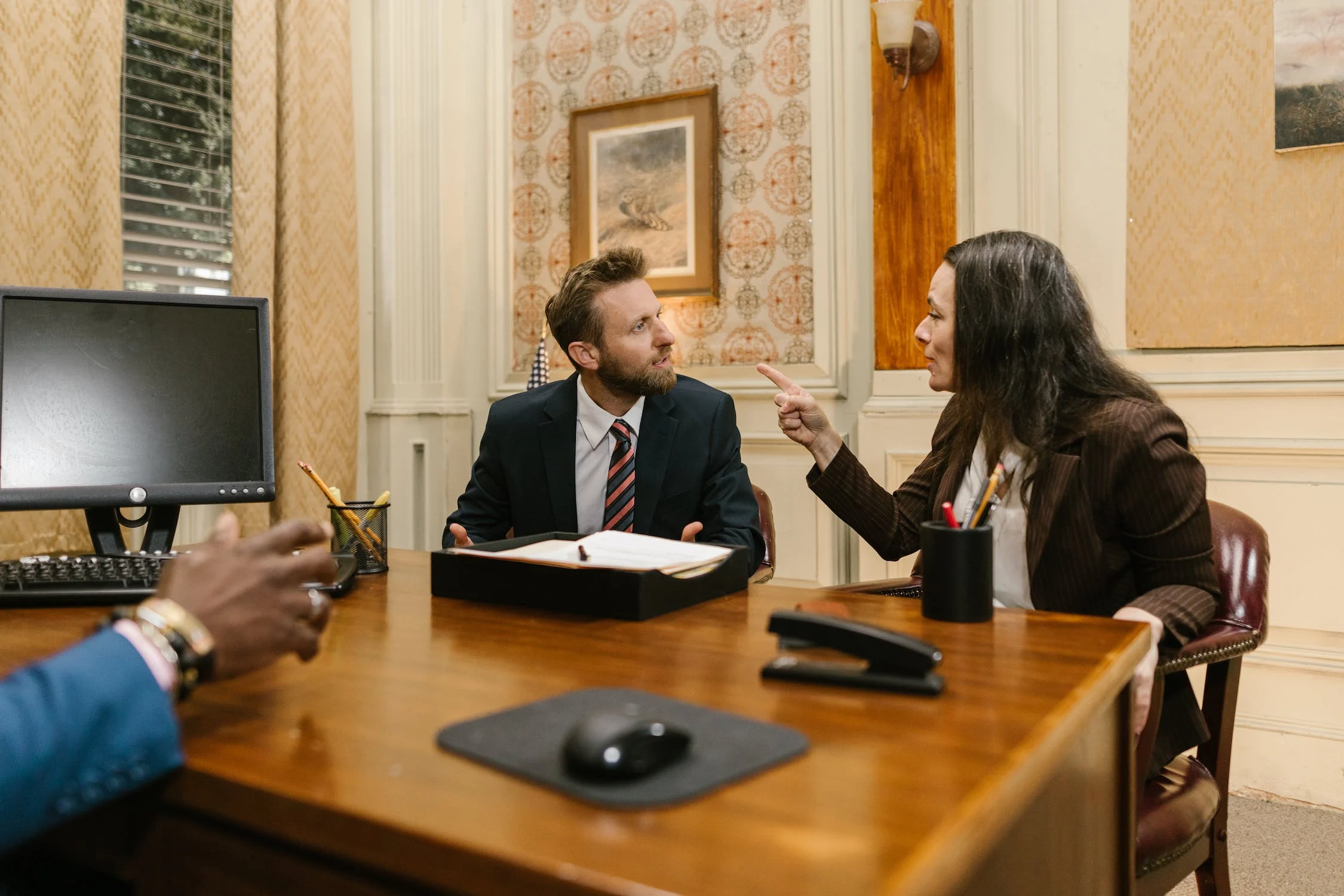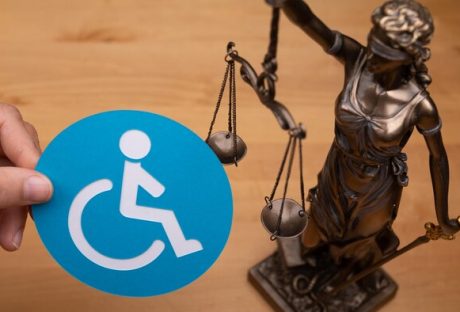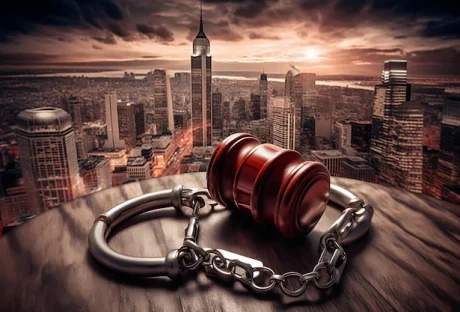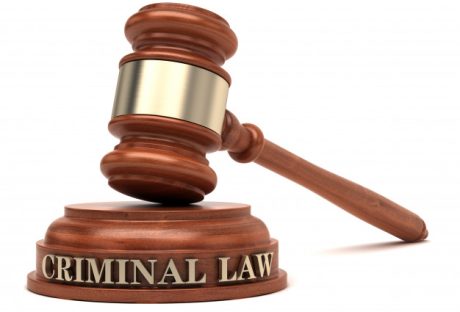Navigating a premises liability claim requires a deep understanding of how law intertwines with building codes. When accidents occur on someone else’s property, determining liability often hinges on the adherence to, or violation of, these codes.
Contacting Legal Assistance For Premises Liability Claims
If you believe your injury was a result of a building code violation, it is crucial to seek legal advice. For expert guidance in such matters, consider having the proper connections with your agents, like the contact Christensen Law Firm. Good lawyers can always provide invaluable assistance in navigating the complexities of your claim, helping you understand your legal rights and the intricacies of building codes as they apply to your case.
The Role Of Building Codes In Premises Liability
Building codes is established to protect individuals from a wide range of hazards, including unsafe wiring, fire risks, and structural integrity issues. These codes serve as a baseline for safety standards that property owners must adhere to. In premises liability cases, if a property owner, architect, or contractor fails to follow these codes, they can be held liable for any resulting accidents. This liability stems from their responsibility to exercise reasonable care in maintaining a safe environment.
Building Code Compliance And Legal Defense
It’s important to note that compliance with building codes does not necessarily provide a complete defense in a premises liability case. While adherence to these codes might protect a defendant from being considered negligent per se, it does not automatically establish due care. Therefore, even if a property owner has followed building codes, they can still be held liable if they fail to provide a reasonably safe environment.
Examples Of Building Code Violations Leading To Liability
Premises liability cases can arise from a variety of building code violations, such as:
– Defective stairs leading to slip and fall incidents.
– Injuries from exposed electrical wiring or structural failures.
– Accidents due to missing handrails or non-functioning carbon monoxide detectors.
These examples illustrate how failure to comply with building codes can be considered negligence, forming the basis for a premises liability claim.
Read Also: The Impact Of Human Rights Legislation On Disability Discrimination Cases
Assigning Liability In Building Code Violation Cases
Determining liability in these cases can be complex, involving multiple parties such as property owners, architects, contractors, and their respective insurance companies. Each party’s role and responsibility in maintaining or violating building codes must be carefully examined to establish who is at fault.
Successfully navigating a premises liability claim where building codes are a factor requires a nuanced approach. It involves not only a deep understanding of the relevant laws and codes but also the ability to effectively demonstrate how these codes were violated and led to injury. Legal expertise, detailed investigation, and expert testimony are all essential elements in building a strong case.
Understanding The Impact Of Negligence In Building Code Violations
In premises liability claims, establishing negligence is a critical step. Building code violations can be a key factor in proving negligence. For example, if a property owner ignores a known hazard, such as a broken stairwell that violates building codes, and this leads to an injury, the owner can be held liable. The victim’s legal team must demonstrate that the property owner’s failure to adhere to the code directly contributed to the injury.
The Challenges In Proving Liability
Proving liability in premises liability cases involving building code violations can be challenging. It requires a thorough understanding of both the specific codes relevant to the case and the circumstances of the accident. For instance, a building code violation might be considered negligence per se, but only if it directly caused the injury. If the violation was unrelated to the incident, it might not support the claim. Therefore, detailed investigation and legal expertise are crucial in these cases.
The Importance Of Expert Testimony In Premises Liability Claims
Expert testimony often plays a pivotal role in premises liability cases, especially when building codes are involved. Experts in fields like construction, architecture, and engineering can provide insights into how a violation of building codes may have led to unsafe conditions. Their testimony can help clarify complex technical details and establish a clear link between the violation and the accident.
The Bottom Line
Winning a premises liability claim often hinges on the intricate relationship between legal principles and building codes. Understanding this relationship is key to establishing liability and securing the compensation you deserve. Remember, while adherence to building codes is a significant factor, it does not always absolve property owners from responsibility in the event of an accident.
Read Also:






















